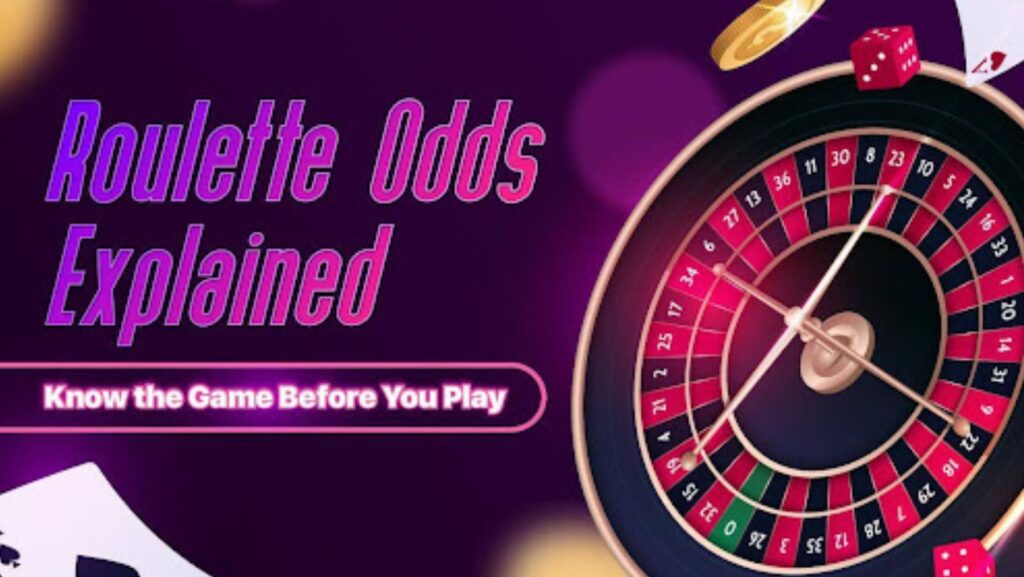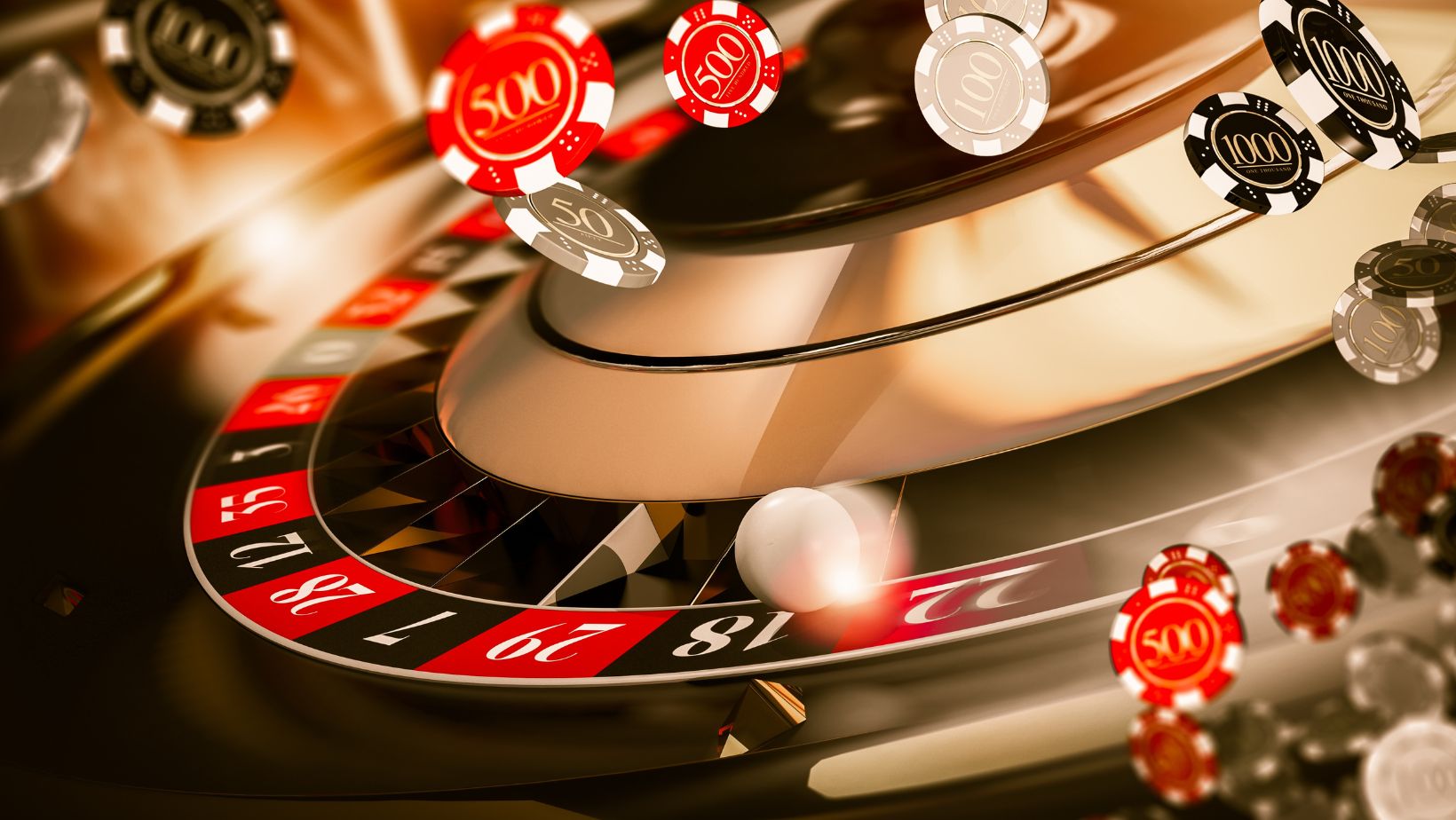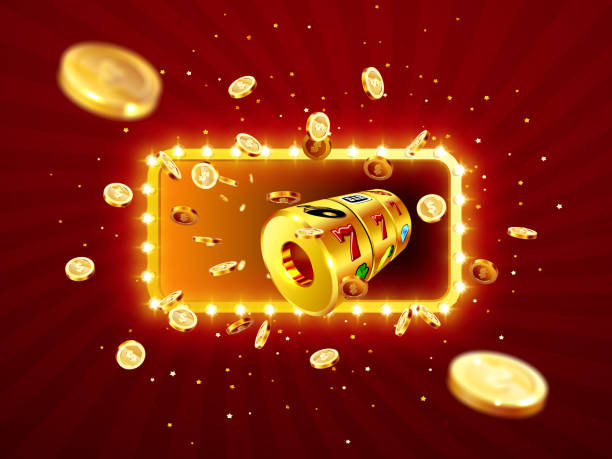
Roulette is one of the most iconic and exciting casino games. Its simplicity attracts players of all levels, but beneath the surface is a set of probabilities every player should understand. Knowing how roulette odds really work helps you make smarter bets, avoid common mistakes, and enjoy the game responsibly.
This guide explains the probabilities of winning at roulette with real-world examples, practical advice, and tips to improve your play, including where to find the best no deposit bonuses in Hungary to practice risk-free.
Why Knowing Roulette Odds Matters
Roulette may seem like pure luck, but the odds of each bet are predictable and fixed. Understanding them can help you choose bets that fit your style.
For example, if you consistently bet 10 EUR on red in European roulette, you can expect to win about 49 times out of 100 and lose about 51 times. Over time, that small difference, known as the house edge, adds up.
Players who know the odds avoid risky bets they cannot afford and focus on options with the best expected returns.
European vs. American Roulette: Why It Matters
One of the most important decisions you make happens before the ball even spins — which wheel to play on.
European roulette has 37 pockets: numbers 1–36 plus a single zero. American roulette adds a double zero, bringing the total to 38. That extra pocket nearly doubles the house’s advantage.
| Wheel type | House edge |
| European | 2.70% |
| American | 5.26% |
| French (with special rules) | as low as 1.35% |
If you have a choice, always opt for European or French roulette. Racing Post warns players to choose the European wheel, noting: “All in all, when you play American Roulette, the House Edge is 5.26%. And that’s a lot. In the case of European Roulette, the House Edge is only 2.7%.”
In Hungary, most licensed land-based casinos offer European roulette tables. Online casinos operating in Hungary also predominantly feature European and French roulette versions, making it easier for Hungarian players to enjoy better odds.
The House Edge: How It Works
Every bet on the roulette table pays less than the true odds of winning, and that is how casinos make a profit.
For example, a single number pays 35 to 1, but with 37 numbers on a European wheel, the true odds are 36 to 1. That small discrepancy is the house edge. Even even-money bets like red/black are affected.
If you wager 100 EUR on even-money bets, on average you will lose about 2.70 EUR in European roulette or 5.26 EUR in American.
Inside and Outside Bets: Risk and Reward
Roulette bets fall into two categories: inside bets and outside bets.
Inside bets (higher risk, higher payouts)
- Straight Up: pays 35:1, chance about 2.7% (European)
- Split: pays 17:1, chance about 5.4%
- Corner: pays 8:1, chance about 10.8%
Outside bets (lower risk, lower payouts)
- Red/Black: pays 1:1, chance about 48.6%
- Odd/Even: pays 1:1, chance about 48.6%
- Dozens or Columns: pays 2:1, chance about 32.4%
Beginners often prefer outside bets because they win more often and allow for longer play.
The Reality of Streaks
It is easy to believe that after several reds in a row, black is “due.” But roulette spins are independent; each spin has the same odds, no matter what came before.
That does not mean streaks do not happen. The chance of red appearing six times in a row is about 1.3 percent unlikely, but certainly possible.
One famous example occurred at Monte Carlo in 1943, when black came up 26 times in a row. Many players lost heavily, convinced red would come next.
Special Rules That Improve Your Chances
French roulette tables offer two rules that reduce the house edge on even-money bets:
- La partage: if the ball lands on zero, you lose only half your bet
- En prison: your bet stays for the next spin, giving you a chance to recover
These rules cut the house edge on even-money bets down to just 1.35 percent. If you see a table with these rules, it is a good choice.
Betting Systems: What You Should Know
Many players try systems such as Martingale, where you double your bet after each loss to recover losses and make a profit. Others use Fibonacci or D’Alembert systems, which are less aggressive.
These systems can help you manage your bankroll and keep your play structured, but they do not change the actual odds. The house edge remains the same no matter how you bet.
Tips for Smarter Roulette Play
- Choose European or French tables whenever possible
- Stick to outside bets if you prefer frequent wins and less risk
- Set a budget before you play and stick to it
- Do not chase losses or believe in “due” numbers
- Practice for free or with bonuses before risking real money
Practice with No Deposit Bonuses
One of the best ways to try roulette without risking your own money is to use no deposit bonuses. These offers let you play for real money without making an initial deposit — perfect for practicing or testing new strategies.
Check out the latest no deposit bonuses nodepositbonushungary.com to try your luck without risking your own money. These bonuses are available to Hungarian players at online casinos, giving you a risk-free way to experience the game and learn how different bets feel.
Enjoy the Game, Know the Odds
Roulette is designed to be fun, but knowing the odds makes it even more enjoyable and helps you avoid costly mistakes. You cannot beat the house in the long run, but by making smart bets, playing within your limits, and taking advantage of no deposit bonuses, you can get more out of every spin.
Roulette has a rich history in Hungary’s casinos, and with so many European tables available both online and in traditional venues, Hungarian players have excellent opportunities to enjoy the best odds. Play for fun, play smart, and let the wheel decide the rest.












